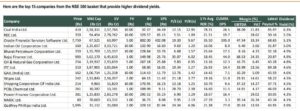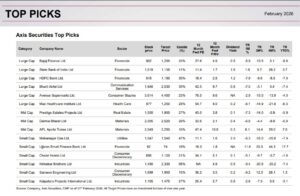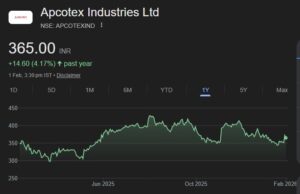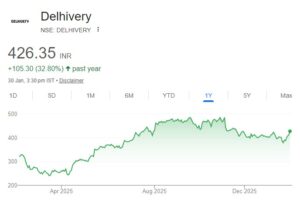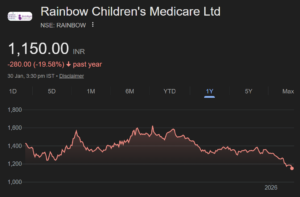
Ken Fisher is the CEO of Fisher Investments which manages funds worth a mind-boggling $64 billion. He is also the author of the best seller “Beat The Crowd: How You can Out-Invest the Herd by Thinking Differently”.
In his interview to Washington Post, Ken Fisher says that the core reason that investors flop is because there are always worrying about issues that are beyond their control and taking decisions based on such issues.
Fisher pointed out that investors focus minutely on macro events like interest rates, state of the housing market, state of the jobs market etc, etc in the hope that these macro issues will provide them guidance as to the state of the economy and help them take investment decisions.
“Investors are obsessing about when the Federal Reserve will raise interest rates …. There’s endless discussion about what will happen when the Fed raises short-term rates. Most people leap to a conclusion, whatever the conclusion is” Fisher said.
“People are worrying about something they’ve worried about many times before. Yet history shows us we don’t have to worry about it” Fisher emphasized.
He explained that markets are very effective at pre-pricing information that will happen in the next three to 30 months. So, the worry about macro events has already been priced in, Fisher added.
People should train themselves not to worry of such events, Fisher advised. He suggested that investors should start with the presumption that if everybody is worrying about something, you don’t have to worry about it – because they’re doing it for you. You should worry about something else, namely the fundamentals of the stock that you are intending to invest in.
Focus on the “What” and not the “Why” or the “When”:
One of Warren Buffett’s golden words of advice is that when investors buy a wonderful business, they should focus on “what” will happen but not on “when” or “why” it will happen. The “what” is knowable while the “when” or the “why” is unknowable, Buffett said.
Ken Fisher endorsed this advice. He said “A simple lesson that I think young people in particular should know is that it’s easier in life to determine “what” than “why.” Even in things as discrete as medicine, they’ll find that something works to solve a problem but they won’t necessarily know why it works. So why is it that the initial spike in interest rates has no impact in markets that we can discern in any way? I’ve got my theories, but they’re all “whys” and it’s harder to prove them. Instead of worrying about it, worry about something else. It forces you to look at what are the other goods and bads (in the market) and be an independent thinker”, he said.
Don’t ignore your mistakes, learn from them:
Fisher also pointed out that our natural human propensity is to do what’s called “shunning regret” and “accumulating pride”. Accumulating pride means “I bought it, I’m smart.” Shunning regret is, “I bought it, it went down, I was victimized, it’s not my fault.”
He advised us to reverse that and take our successes and presume that they were at least partly luck. For our failures, we should look for what we did wrong. That’s counter to the way humans normally want to behave, but this is tailored to reducing our error rate, he said.
Invest in what you know and understand:
Fisher explained that the most important part of investing is not the investment. The most important part is coming to know yourself. He advised investors to know their skill set, interests, needs and to stay within their circle of competence. This way, we won’t make too many mistakes because we won’t outstep what we know how to do.
Ken Fisher also quoted from Warren Buffett’s evergreen advice that like in baseball, we should know which balls to swing at and which to leave alone. Just like the player does not have to swing at every ball that comes his way, the investor has to confine his choices to only those stocks where he is confident about gains.
